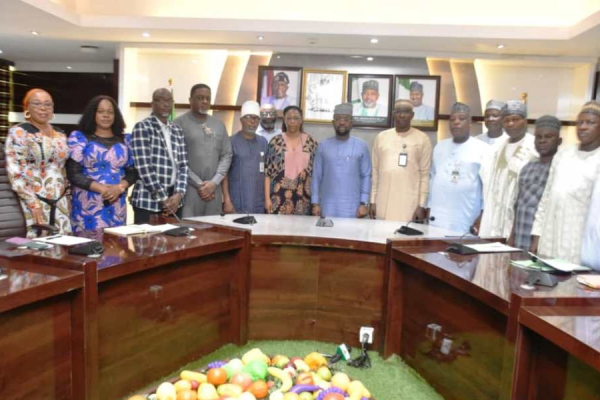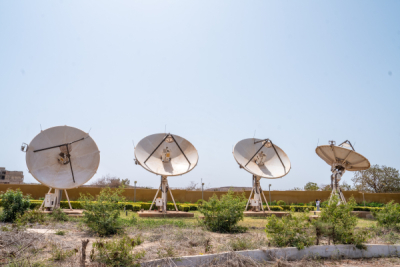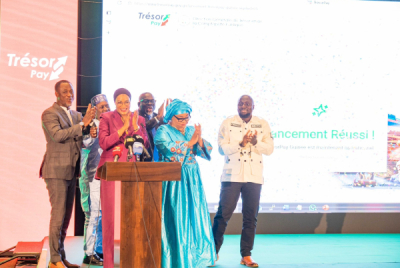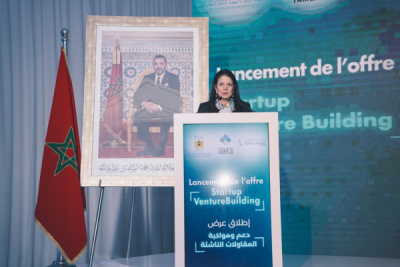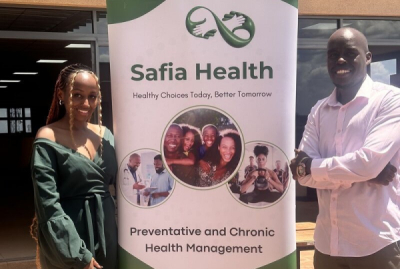Agriculture is a strategic economic sector that generates wealth and employment in Africa. However, a number of countries are still struggling to organize it effectively. Digital technology can help to overcome this weakness
The Federal Ministry of Agriculture and Food Security has inaugurated a Technical Working Group (TWG) focused on developing a seamless database to accurately identify Nigerian farmers, a press release by the Federal Ministry of Information and National Orientation dated August 17 revealed. The initiative, led by Permanent Secretary Mr. Temitope Fashedemi, aims to improve the distribution of agricultural inputs and support to farmers across the country.
During the inauguration ceremony, held recently at the Ministry’s Conference Room in Abuja, Fashedemi emphasized the importance of this initiative in shaping the future of Nigeria's agricultural sector. He noted that a reliable database would enable the Ministry to more effectively deliver services and resources to the farmers who need them most.
To achieve this goal, the Ministry plans to collaborate with the National Identity Management Commission (NIMC), which will play a crucial role in creating a robust database. The Permanent Secretary highlighted that this collaboration would help ensure the accuracy and completeness of the data collected, thereby enhancing the Ministry's ability to implement agricultural programs efficiently.
The TWG, comprising members from the technical departments of the Ministry and NIMC, has been tasked with developing effective modalities for collaboration between the Ministry and NIMC. The group's Terms of Reference (TOR) include creating a comprehensive work plan with clear timelines and roles, designing data collection tools to capture essential farmer information such as identification details, farm size, and crop types, and identifying training programs for field officers and data collectors to ensure data accuracy, the release further stated.
The database will help assess financial credibility for connecting farmers to microfinance and subsidy programs, facilitating access to credit and aid.
According to the latest data from the World Bank, agriculture, forestry, and fishing contributed approximately 22.72% to Nigeria’s GDP in 2023. This underscores the importance of the government's initiative to develop a comprehensive database of farmers. With agriculture being such a vital part of the economy, accurate data collection will enable a more targeted and effective distribution of resources, ultimately enhancing productivity and supporting economic growth.
Hikmatu Bilali


